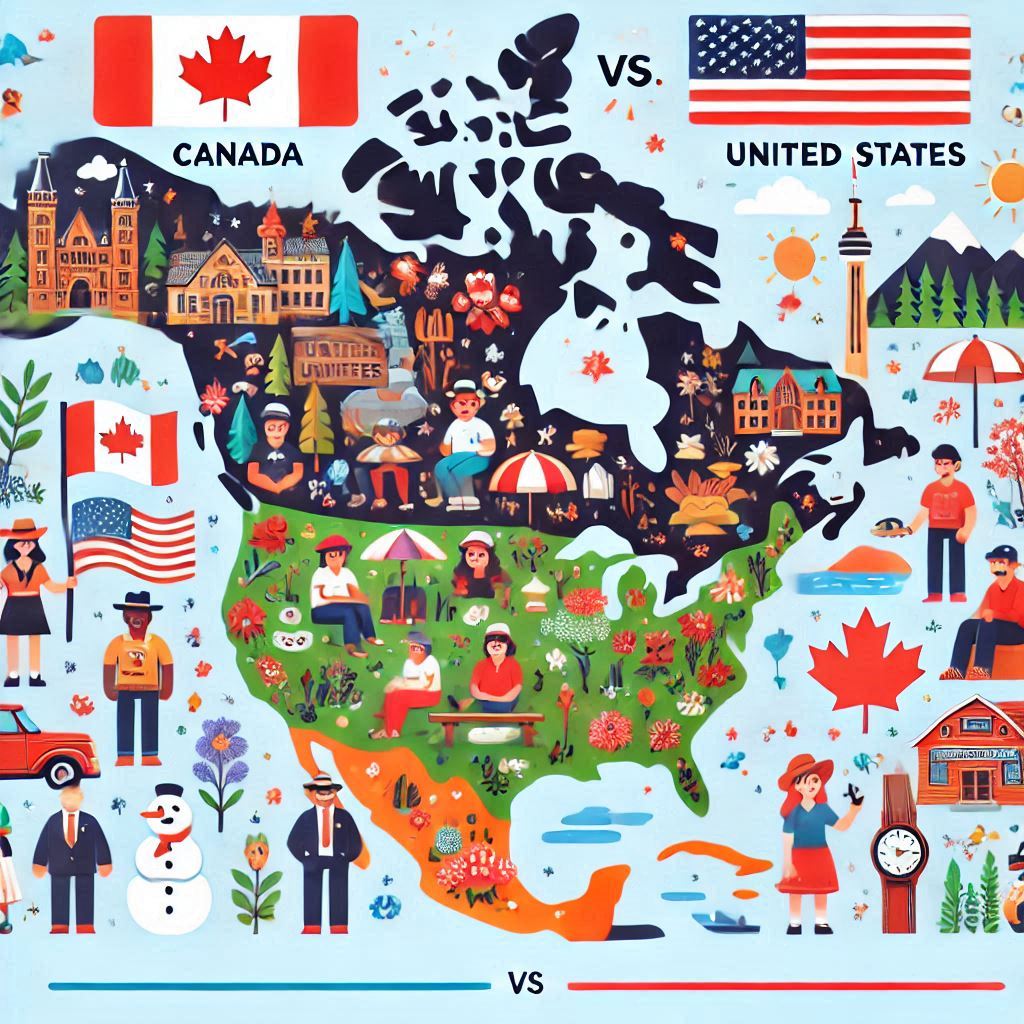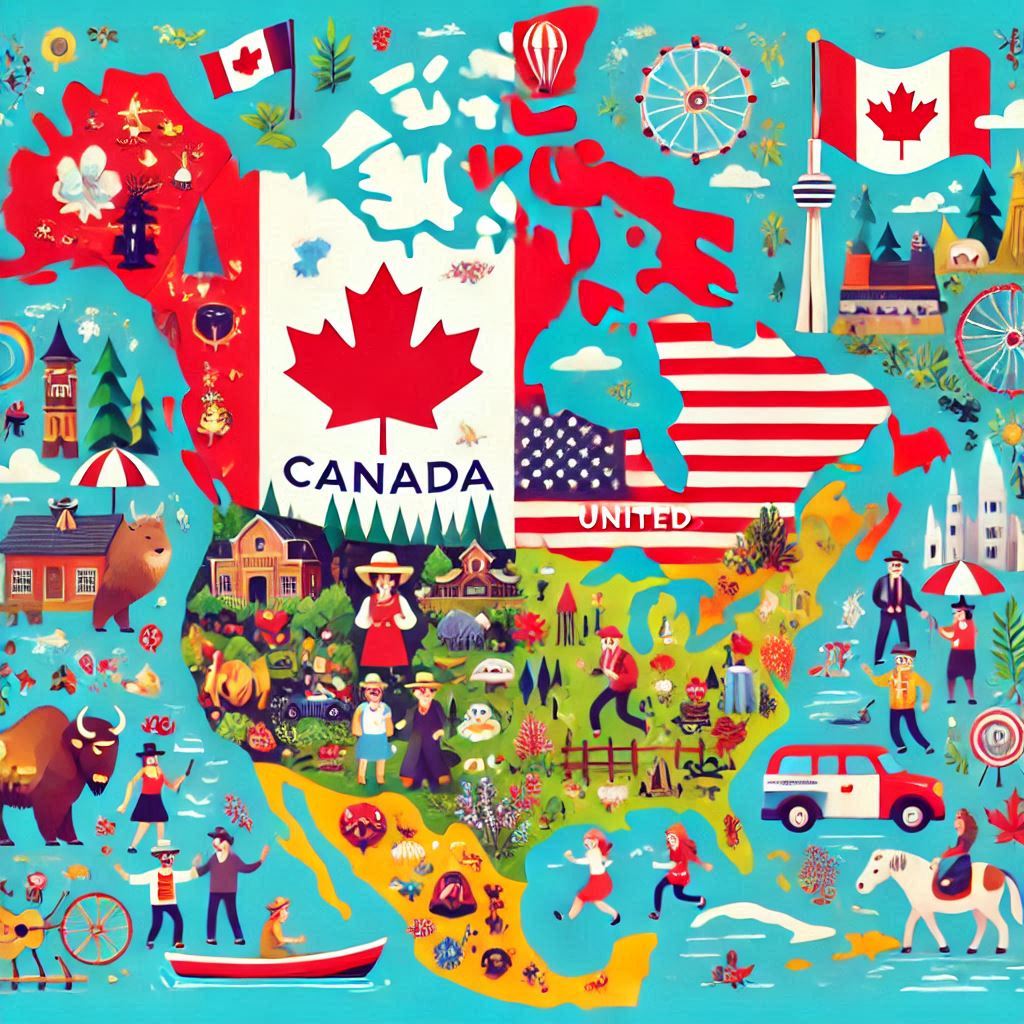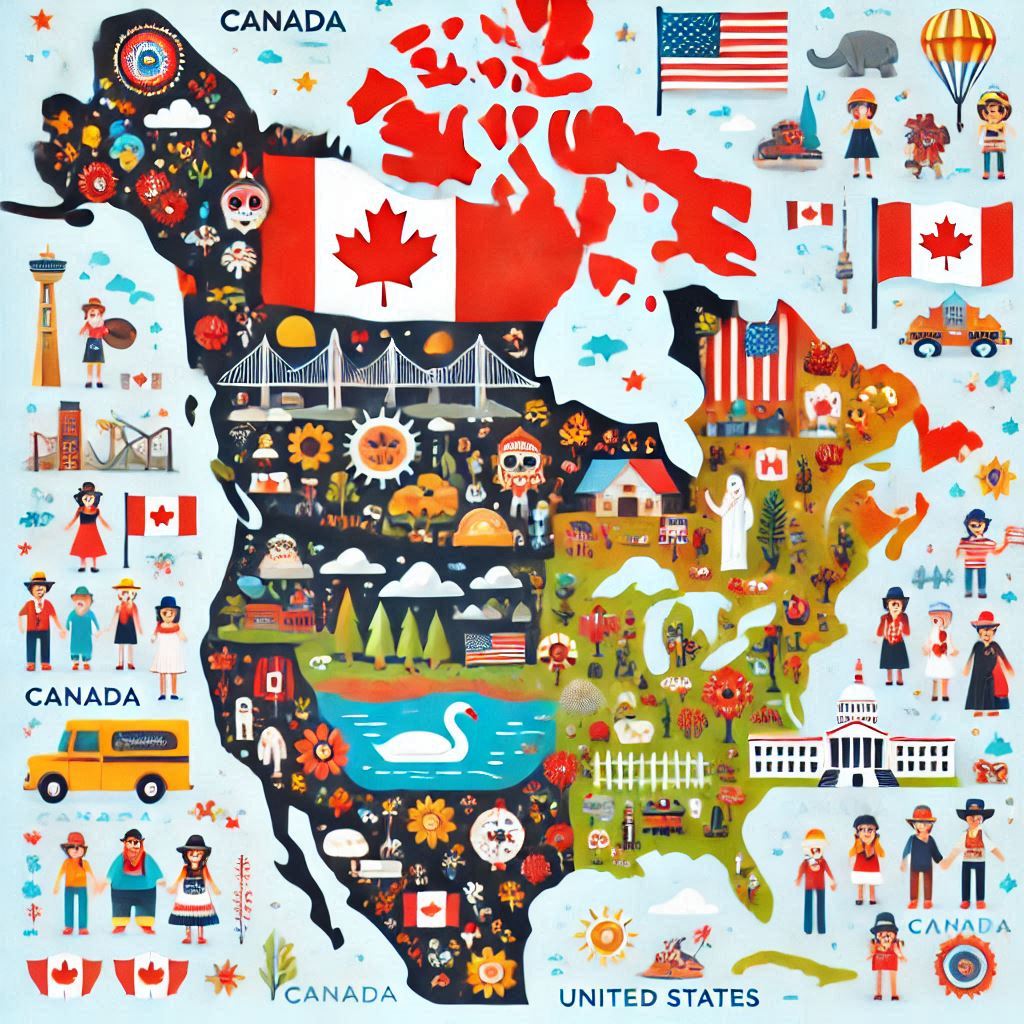美國總統川普:加拿大可以成為美國的第51州?
近期川普曾以戲謔的語氣提到加拿大可以成為美國的第51州,這種說法雖然帶有幽默成分,但也讓人不禁聯想到兩國在歷史、文化、經濟和政治上的差異。如果加拿大真的成為美國的一部分,這將帶來一系列複雜的影響,既有可能的優點,也有潛在的挑戰。
首先,加拿大和美國雖然地理相鄰,經濟和文化交往密切,但兩國在國家性格上有明顯的不同。加拿大以其多元文化政策、社會福祉制度和溫和的外交風格著稱,而美國則以個人主義、自由市場經濟和更為強硬的國際姿態聞名。在政治結構上,加拿大是君主立憲制國家,擁有英國女王作為象徵性的國家元首,政府運作以議會制為核心。而美國是共和制國家,實行總統制,行政權由總統全面掌控。如果加拿大成為美國的一部分,這些政治體制的差異將是需要解決的首要問題。
經濟上,兩國已是重要的貿易夥伴,如果加拿大成為美國的一部分,會進一步消除邊境管制,促進資金、勞動力和商品的自由流動。加拿大擁有豐富的自然資源,特別是在能源和礦產方面,這將為美國經濟提供強大的支持。此外,統一的經濟體系可能減少跨境交易成本,提升經濟效率。
然而,這也帶來一些挑戰。例如,加拿大的高稅收和高福利政策與美國的低稅收和有限的社會保障制度相衝突,這可能導致政策上的摩擦。同時,加拿大人可能會擔心他們在社會平等和環境保護方面的價值觀會被美國的資本主義文化稀釋。
文化層面,加拿大人對自身的國家認同非常強烈,特別是在法語區的魁北克省,這裡長期以來都存在強烈的地方文化意識。如果加拿大成為美國的一部分,可能會引發更多關於文化身份認同的爭論,甚至會激化某些地區的分離主義情緒。
從美國的角度來看,擁有加拿大意味著國土面積和資源的巨大擴展,同時也能加強北美的地緣政治影響力。但治理一個像加拿大這樣幅員遼闊且文化多元的國家也會帶來新的挑戰。美國需要考慮如何在這樣的統一框架下滿足加拿大各地區的需求,而不損害原有的聯邦結構。
總之,加拿大成為美國的一部分看似充滿潛力,但現實中這種假設會牽涉到複雜的歷史、文化和制度融合問題。無論從經濟利益還是文化認同的角度來看,這樣的合併都遠非簡單的邊界改變,而更像是一場全面的社會實驗。
Trump recently joked that Canada could become the 51st state of the United States. While this remark was made in a humorous tone, it inevitably draws attention to the historical, cultural, economic, and political differences between the two nations. If Canada were to truly become part of the U.S., it would trigger a series of complex effects, presenting both potential advantages and challenges.
First and foremost, although Canada and the U.S. share a close geographic proximity and have strong economic and cultural ties, there are distinct differences in their national characters. Canada is known for its multicultural policies, social welfare system, and diplomatic moderation, while the U.S. is recognized for its individualism, free-market economy, and more assertive international stance. In terms of political structure, Canada is a constitutional monarchy with the British monarch serving as the symbolic head of state, and its government operates under a parliamentary system. The U.S., on the other hand, is a republic with a presidential system, where executive power is fully concentrated in the hands of the president. If Canada were to become part of the United States, reconciling these political differences would be a primary challenge.
Economically, the two countries are already significant trade partners. If Canada were integrated into the U.S., border controls could be further eliminated, facilitating the free flow of capital, labor, and goods. Canada’s abundant natural resources, particularly in energy and mining, could provide substantial support to the U.S. economy. Additionally, a unified economic system might reduce cross-border transaction costs and enhance economic efficiency.
However, this integration would also pose certain challenges. For example, Canada’s high-tax, high-welfare policies conflict with the U.S.’s low-tax, limited social security system, potentially leading to policy friction. Canadians might also worry that their values regarding social equality and environmental protection could be diluted by the U.S.’s capitalist culture.
On a cultural level, Canadians have a strong sense of national identity, especially in Quebec’s French-speaking regions, where there is a longstanding emphasis on local cultural awareness. If Canada were to join the U.S., it could spark further debates over cultural identity and potentially intensify separatist sentiments in certain regions.
From the U.S. perspective, acquiring Canada would mean a significant expansion of territory and resources, as well as enhanced geopolitical influence in North America. However, governing a vast and culturally diverse country like Canada would present new challenges. The U.S. would need to consider how to meet the needs of Canada’s various regions without undermining the existing federal structure.
In conclusion, while the notion of Canada becoming part of the U.S. may seem full of potential, in reality, such a scenario would involve intricate historical, cultural, and institutional integration. From economic benefits to cultural identity, this kind of merger would not be a simple border shift but rather a comprehensive social experiment.



照片:DALLE3
- 1
- 2
- 3
- 4
